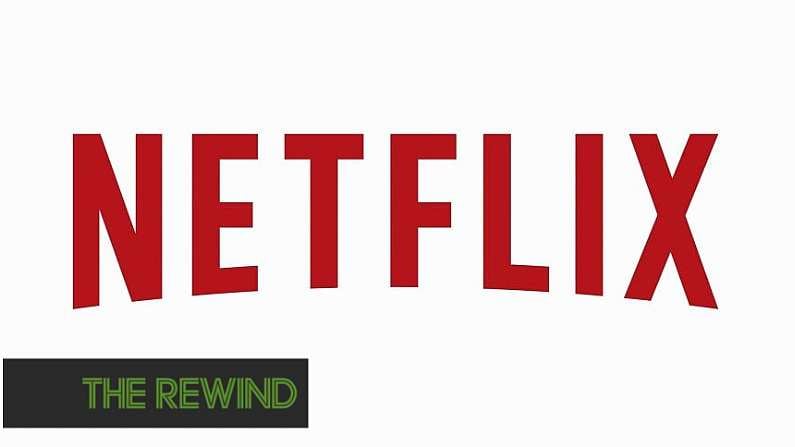Netflix has agreed to temporarily reduce bandwidth used by its streaming service in Europe, saying it will cut video bit rates for the next 30 days at the behest of the European Union in order to ease the load on internet networks in the region.
For the last two days, EU Commissioner for Internal Market Thierry Breton has been in discussion with with Netflix CEO Reed Hastings.
During the talks, Breton urged the company the company switch to standard-definition video to ease congestion on networks during the coronavirus pandemic.
The EU has stated that a rise in people watching Netflix due to the Covid-19 pandemic might be putting Europe’s broadband network under strain.
The online streaming giant has now agreed to reduce streaming bit rates for 30 days.
In a statement, Netflix said: "We estimate that this will reduce Netflix traffic on European networks by around 25 percent while also ensuring a good quality service for our members.”
— Marc Burleigh (@marcburleigh) March 19, 2020
Taking to Twitter on Wednesday night, the bloc’s Internal Market and Services Commissioner Thierry Breton said that he spoke about this issue with Netflix CEO Reed Hastings during a recent phone call.
Breton disclosed details of the conversation in a tweet, suggesting that users "#SwitchToStandard definition when HD is not necessary” in an effort to safeguard Internet access for all.
Important phone conversation with @ReedHastings, CEO of @Netflix
To beat #COVID19, we #StayAtHome
Teleworking & streaming help a lot but infrastructures might be in strain.
To secure Internet access for all, let’s #SwitchToStandard definition when HD is not necessary.— Thierry Breton (@ThierryBreton) March 18, 2020
Politico have reported that that Breton and Hastings discussed ways to prevent internet congestion, such as creating a temporary feature that would automatically switch users to standard definition streaming during high traffic hours.
"Streaming platforms, telecom operators and users, we all have a joint responsibility to take steps to ensure the smooth functioning of the internet during the battle against the virus propagation," Breton said in a statement.
With more and more people working from home as the pandemic takes hold, peak usage hours are now being extended for longer periods throughout the day, which might put a strain on Europe's broadband services.













